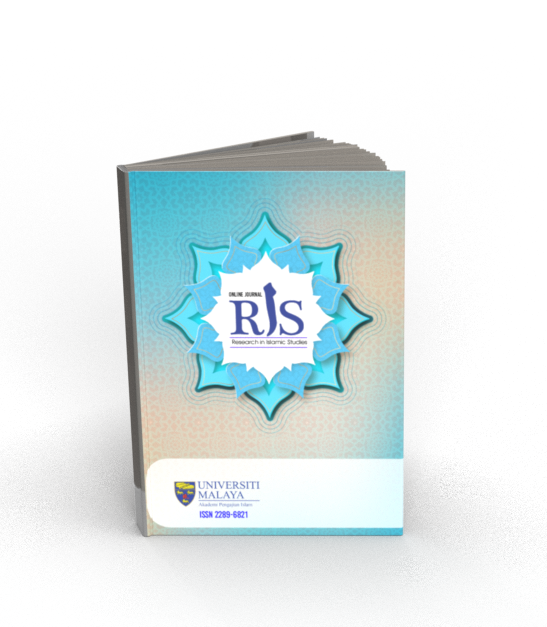Main Article Content
Abstract
The Industry Revolution 4.0 Era shows changes in various dimensions of human life including in the formation of family institutions as the main socialization agent in the Muslim community. Although the sophistication of digital technology dominates all human activities, the teachings and principles of Islam remain relevant as a life manual in facing the challenges of this era. Modern Muslim parents should now have accurate knowledge and understanding of religion as preparation in educating their children. However, the reference sources available throughout the archipelago are still limited, especially in relation to the process of refreshing the faith and the formation of morals in children. As such, this study unravels the challenges of child education from the perspective of Aqidah and Ethics of the Industry 4.0 era in the archipelago and then details the appropriate solution to overcome this issue based on the views of three Muslim scholars such as Ibnu Qayyim, Abdullah Nasih 'Ulwan and Muhammad Suwayd. These three scholars were selected based on their expertise in the field of children's education which is accepted all over the world until now. This study is qualitative in nature and uses the literature review method on the works of selected Muslim scholars as well as previous studies. As a result, the researcher found that the integration of the discourse of thought and the throwing of ideas of the selected Muslim scholars are able to generate a transformation of the thoughts of parents now in carrying out the responsibility of educating their children to always make a paradigm shift on the path of true Islamic faith and morals that characterize the prophetic sunnah.
Keywords
Article Details

This work is licensed under a Creative Commons Attribution-NonCommercial-ShareAlike 4.0 International License.
Copyright Notice
By submitting manuscripts to the Online Journal of Research in Islamic Studies (RIS), authors agree to transfer copyright to the journal. However, authors may republish their work or grant others permission to republish it; in which case it should be accompanied by a proper acknowledgment that the work was originally published in the Online Journal of Research in Islamic Studies (RIS). The journal adopt CC-BY-NC licence which authors may also share and distribute their article anywhere of non-commercial website, social media and repositories immediately on publication.
Authors may also reuse the Abstract and Citation information (e.g. Title, Author name, Publication dates) of their article anywhere at any time including social media such as Facebook, blogs and Twitter, providing that where possible a link is included back to the article on the journal site.
